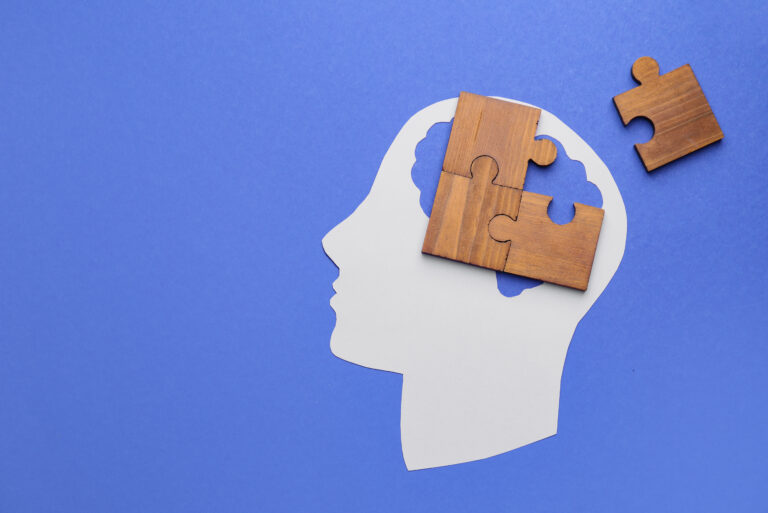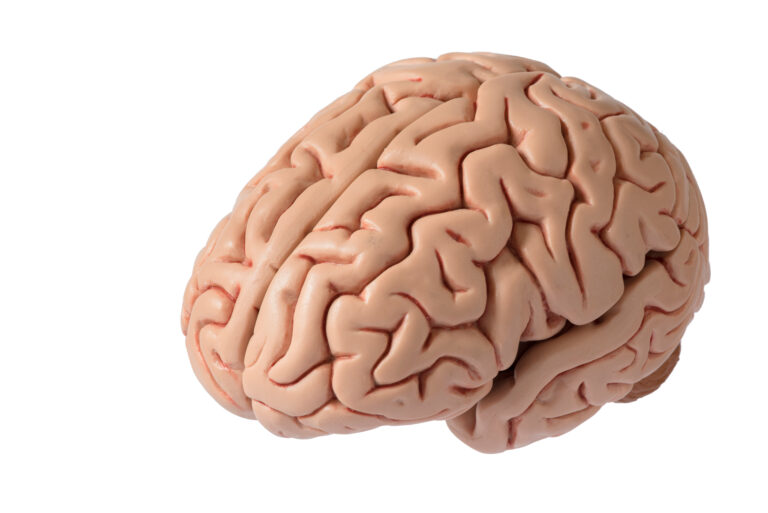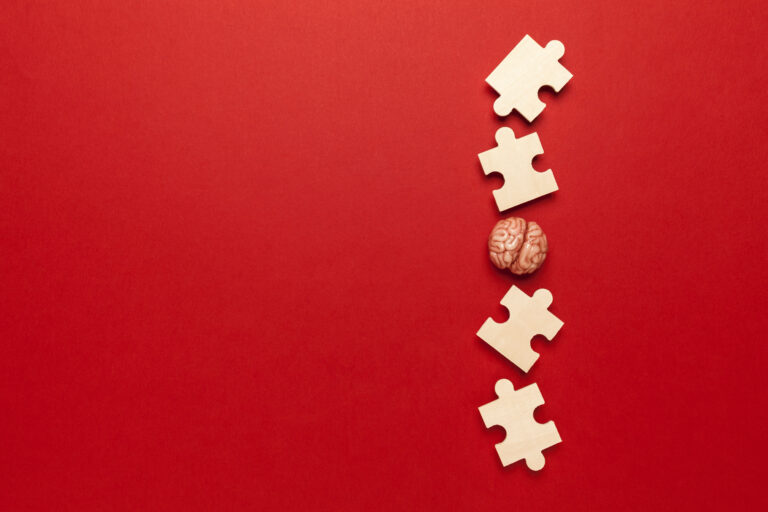As we age, many of us notice changes in our memory. After the age of 60, these changes can become more pronounced. It’s common to forget where we placed our keys or struggle to recall a word during conversation. However, not all memory issues are the same. Some are part of normal aging, while others might signal more serious conditions like dementia.
Normal age-related forgetfulness often involves minor lapses in memory, such as occasionally forgetting which day it is or missing a monthly payment. These issues are usually temporary and don’t significantly impact daily life. For instance, you might forget what day it is, but remember later without much trouble. Similarly, you might misplace items from time to time, but generally, you can find them again.
On the other hand, signs of dementia are more severe and persistent. They include making poor judgments frequently, having trouble managing finances, and consistently losing track of time or dates. People with dementia might also struggle with conversations, often finding it difficult to express themselves or follow discussions. Additionally, they might misplace items regularly and be unable to find them, which can be quite distressing.
It’s important to note that memory loss alone doesn’t necessarily mean someone has dementia. There are many causes of memory loss, and some can be reversible. Alzheimer’s disease is the most common cause of dementia in older adults, but other conditions can also lead to dementia symptoms.
Maintaining a healthy lifestyle can help support cognitive function as we age. Engaging in regular physical activity, eating a balanced diet rich in brain-healthy foods, and staying mentally active can all contribute to better memory and reduced risk of dementia. Avoiding sedentary behavior is particularly important, as prolonged periods of inactivity have been linked to worse memory and neurodegeneration.
If you or a loved one is experiencing memory problems that interfere with daily life, it’s crucial to consult a healthcare professional. They can provide guidance and help determine if the issues are related to normal aging or something more serious. Early detection and intervention can make a significant difference in managing memory-related conditions.





